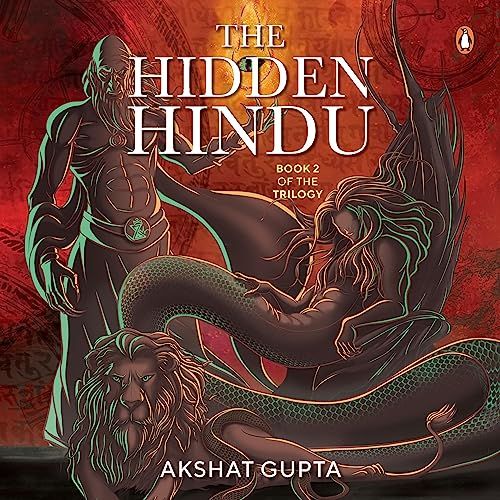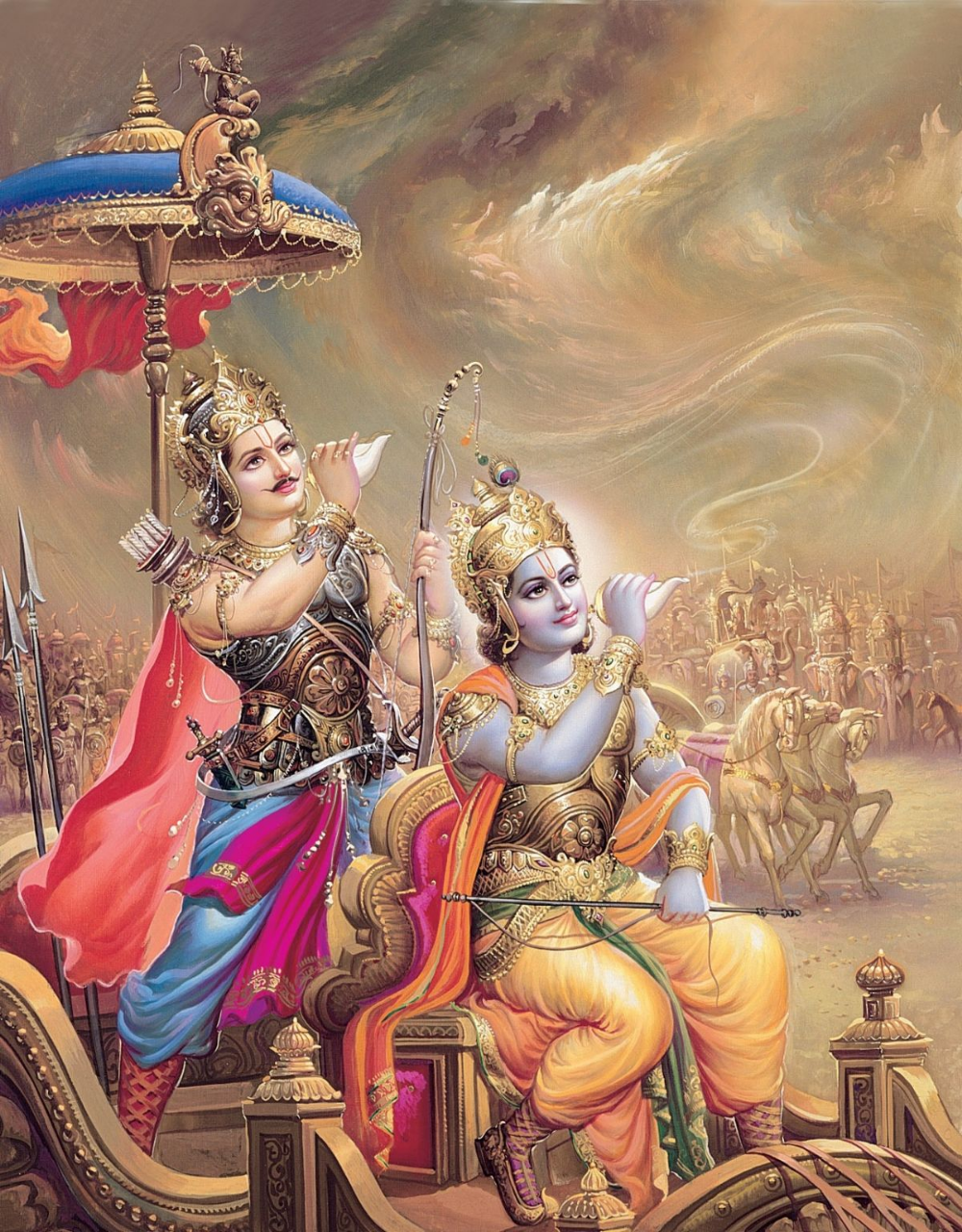Introduction to the great The Hidden Hindu book by Akshat Gupta
In the vibrant tapestry of literature, certain works have the power to captivate readers by delving into uncharted territories of thought and culture. “The Hidden Hindu,” penned by Akshat Gupta, stands as a prime example of such a literary gem. With its profound insights and thought-provoking narrative, this book takes readers on a journey that transcends cultural boundaries, offering a fresh perspective on Hinduism. In this article, we will delve into the captivating themes of “The Hidden Hindu,” unraveling its layers and exploring the seamless blend of spirituality, identity, and tradition.
A Glimpse into the Narrative:

Gupta’s eloquent prose is a testament to his skillful storytelling. Through meticulous research and imaginative storytelling, he seamlessly weaves together a narrative that unfolds the essence of Hinduism. The story is punctuated with moments that beckon readers to contemplate the intricate relationship between the spiritual and the temporal, leaving an indelible impression.
The Exploration of Identity:
One of the central themes that “The Hidden Hindu” expounds upon is the exploration of identity. Akshat Gupta artfully dissects the multifaceted layers of being a Hindu in the contemporary world. He elucidates how individuals grapple with the juxtaposition of tradition and modernity, leading to a profound search for a harmonious existence. This exploration resonates with readers, prompting them to reflect on their own journeys of self-discovery.
Spirituality in the Modern Age:
Gupta’s prose resonates with the urgency of embracing spirituality in the modern age. In a world often defined by materialism and fast-paced living, “The Hidden Hindu” serves as a poignant reminder of the enduring relevance of spiritual values. Gupta’s narrative guides readers toward introspection, inviting them to nurture a deeper connection with their inner selves and the world around them.
Transitioning Through Themes:
As the narrative unfolds, Gupta seamlessly transitions between various themes, enriching the reader’s experience. His storytelling prowess effortlessly guides readers through a labyrinth of ideas, each interconnected with the next. This skillful navigation engages the reader’s attention while maintaining the flow of the narrative.
A Call to Rediscover Tradition:
Amid the pages of “The Hidden Hindu,” Gupta’s words carry a subtle yet compelling call to rediscover the roots of Hindu tradition. He presents tradition not as a relic of the past, but as a dynamic source of wisdom that can guide individuals through the complexities of modern life. Gupta’s emphasis on tradition strikes a chord with readers, urging them to appreciate and integrate timeless teachings into their contemporary experiences.
Conclusion:
In the realm of literature, “The Hidden Hindu” by Akshat Gupta shines as a literary masterpiece that transcends boundaries and embraces universal themes. Gupta’s narrative prowess, seamless transitions, and exploration of identity and spirituality collectively contribute to a reading experience that is both enriching and enlightening. As readers delve into the pages of this remarkable book, they are invited to embark on a transformative journey, unveiling the layers of their own understanding and connection to Hinduism in the modern world.


